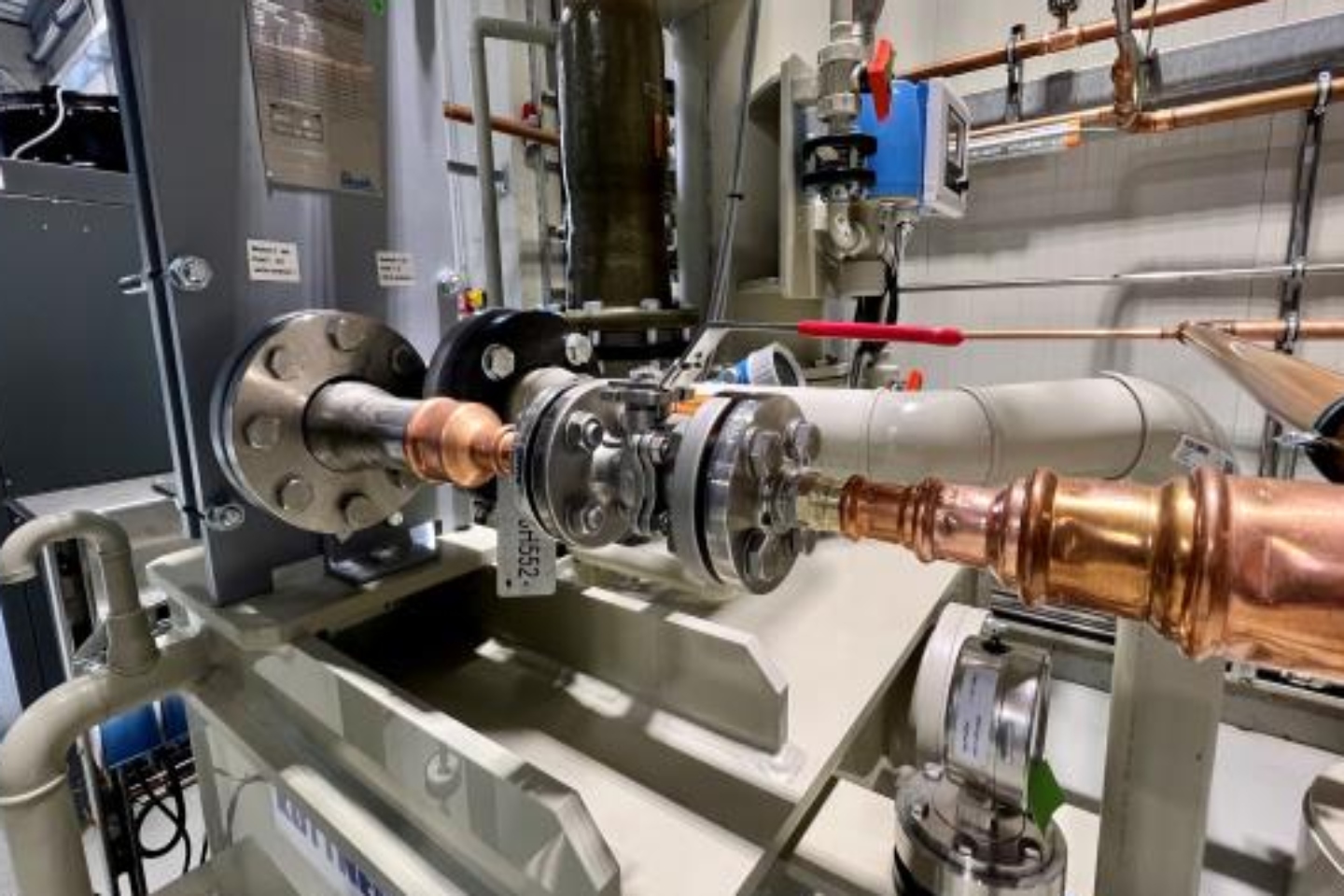Altech Batteries has unveiled a stunning first look at its cutting-edge Silumina Anodes pilot plant in the German state of Saxony after completing the construction of its laboratory, power supply and wet-circuit infrastructure.
The company’s patented high-capacity and high-purity alumina-coated silicon and graphite anodes are designed for use in lithium-ion batteries. Its pilot plant is due to be scaled up to a 10,000 tonnes per annum production facility following a definitive feasibility study (DFS), which is progressing in tandem with the plant.
Construction of the front-end wet plant has also been completed and it is currently in the commissioning phase, while the back-end dryer and calciner are being built in South Africa. They are due to be installed prior the final commissioning of the facility before the end of September.
Altech has released a revealing video of the completed parts of the plant and it can be viewed here.
Additionally, the company has established an on-site glove box to facilitate the production of lithium-ion battery coin half-cells, which are to be used to test the performance of the silumina anodes produced from the pilot plant. The company says this is a crucial component of the product qualification process and will provide important data on performance characteristics.
Once it shifts into production, the 120kg of silumina anodes produced per day by the pilot plant will be distributed to selected battery-makers for product testing.
The company plans on building its full-scale production facility on the same site alongside the pilot plant. Its earlier preliminary feasibility study for the pilot plant showed a net present value of US$507 million (AU$748).
Altech has made significant progress with its battery technology in the past three months. Last month, the company launched the design of its new sodium chloride battery “GridPack”, which is expected to be up to 40 per cent cheaper to produce than lithium-ion batteries.
Designed for the renewable energy storage market, the battery uses sodium ions found in table salt and avoids using scarce and expensive metals such as lithium, cobalt, graphite and copper.
A major feature of the one-megawatt per hour GridPack design is that there are no moving parts, allowing them to operate silently and making them more amenable for use in residential areas.
The battery packs also operate in extreme temperatures, have low maintenance requirements and boast a unique stackable quality, enabling them to be used as part of bigger installations. The batteries are non-flammable, pose no fire or explosion hazards and have a projected lifespan of more than 15 years with unlimited cycling.
Is your ASX-listed company doing something interesting? Contact: matt.birney@businessnews.com.au
















